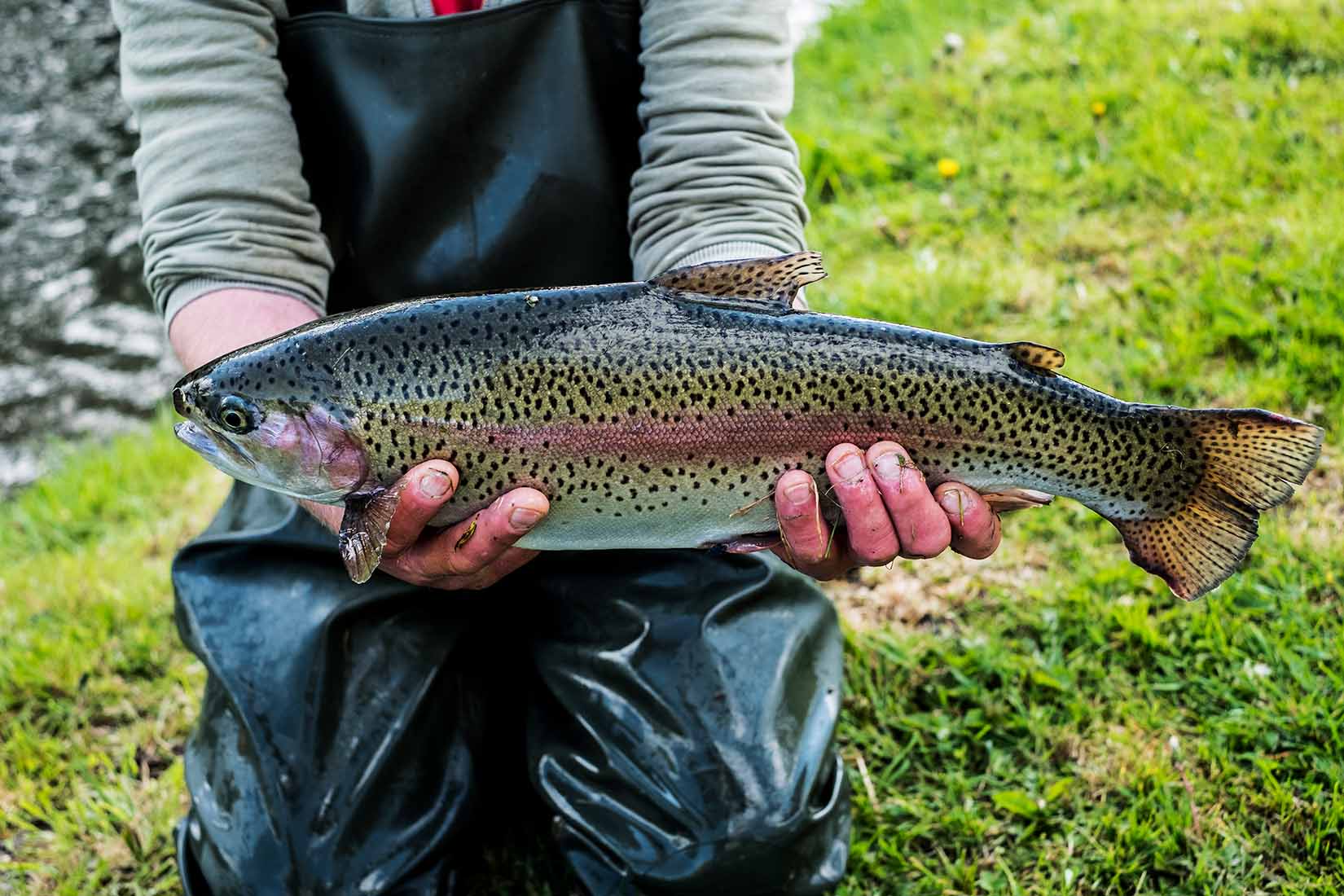People have long considered the oceans and seas to be inexhaustible reserves of natural resources and bottomless sources of fish and seafood. This opinion was supported by the abundant catches of the past centuries. When it became much more difficult to extract marine wealth in large quantities, man finally took care of the depletion of natural fish stocks and began to breed fish in captivity.
However, it soon turned out that breeding fish – both in artificial reservoirs and in natural reservoirs – causes great damage to the environment.
What is so dangerous about fish farming?
Industrial fish farming involves the introduction of medicines and artificial feeds that have an impact on the environment. Fish farming waste can change the state of the entire coastal zone at various levels of ecosystems, changing natural food webs. Fish farming waste has a negative impact on wastewater, which can enter the soil, gradually changing its composition, as well as penetrate into underground natural reservoirs with groundwater. In order to eventually get into the human body.
Intensive industrial breeding of fish and invertebrates is almost always associated with the spread of bacterial infections. Feed residues, metabolic products in combination with chemicals used in the production of aquaculture, interfere with the natural processes of self-purification of reservoirs, disrupt the balance of substances and lead to uncontrolled growth of pathogenic microorganisms.
To reduce product losses, fish farms widely use antibiotics, which are most often used to disinfect water bodies, and are also added to feed. But even these manipulations do not lead to a stable economic situation in fish farms. The uncontrolled use of antibiotics and disinfectants in the cultivation of aquaculture has provoked the evolution of resistant pathogenic strains of microorganisms that cause permanent and very significant losses in this industry.
-Understanding the importance of the fish farming industry for the country's food security, Bonaka has developed and created unique products – microbiological complexes Bonaka-APK and Bonaka-APK-N - feed additives in dry and liquid form that neutralize the harmful effects of antibiotics, while destroying pathogenic microflora in the body of fish, and in reservoirs used for aquaculture breeding.
As a result of industrial tests, feed additives showed a stable increase in average daily weight gain up to 10-26%, the safety of livestock by 6.8%, and an increase in the fatness of fish up to 16%. In addition, the hydrochemical parameters of the water have significantly improved due to the neutralization of toxic effects when low-quality feed and chemicals enter the pool water. Feed conversion decreased by almost a third due to an increase in its digestibility. Studies have shown stable colonization of the gastrointestinal tract of fish with normal microflora, increased enzymatic activity of digestion and resistance to stress.
Probiotic feed additives "Bonaka-APK" and "Bonaka-APK-N" exclude the possibility of overdose. The high temperature resistance of the microorganisms that make up the feed additive makes it possible to add a feed additive to the composition of full-fledged, granular, extruded and expanded feeds. And the liquid form can be added directly to the water.
Microbiological products of "Bonaka" were studied by the Ministry of Science and the Federal State Budgetary Scientific Institution "Krasnodar Scientific Center for Animal Science and Veterinary Medicine" in the conditions of one of the fish farms of the Krasnodar region, where sturgeon are bred. As you know, these breeds are considered one of the most valuable and are prone to extinction due to uncontrolled fishing in the past. The restoration of sturgeon populations has become the most important task of the fish farming industry.
The experiment was conducted for two calendar months. Even such a short time period showed truly unique results of the influence of microbiological complexes "Bonaka-APK" and "Bonaka-APK-N". The survival rate of valuable sturgeon in the studied farm was 100%. At the same time, the fatness coefficient increased by a quarter, and the protein content in the body increased by 7.5%. As a result of the use of probiotic additives "Bonaka-APK", the bacterial composition of the microflora has normalized in fish: the amount of normal microflora has significantly increased, the conditionally pathogenic microflora has significantly decreased, significantly improving the clinical condition of fish.
